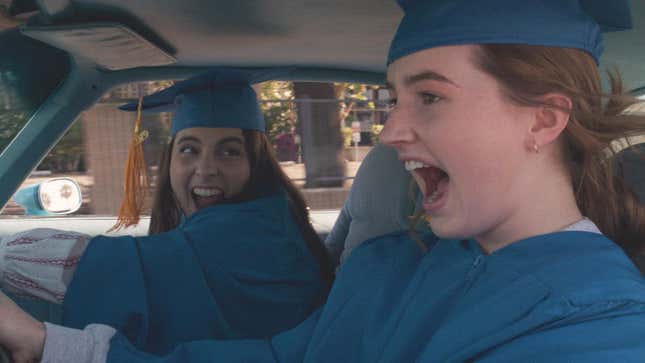
Screenshot: Annapurna
The best kind of movies centered around the teen experience function as a type of mirror for the viewer, with the expectation that everyone will see the greatest—or worst—version of their past selves, and feel enriched by a story that semi-accurately reflects their memory of the past. When executed well, this trick awes and inspires: assuming universality via specific experience and having that resonate is a rarity. In Booksmart, director Olivia Wilde swings for the fence, in a directorial debut about the radical notion that teen girls can be nerdy and raunchy at the same time.
Spoilers ahead.
-

-

-

-

-

-

-

-

-

-

-

-

-

-

-

-

-

-

-

-

-

-

-

-

-

-

-

-

-

-

-

-

-

-

-

-

-

-

-

-








































